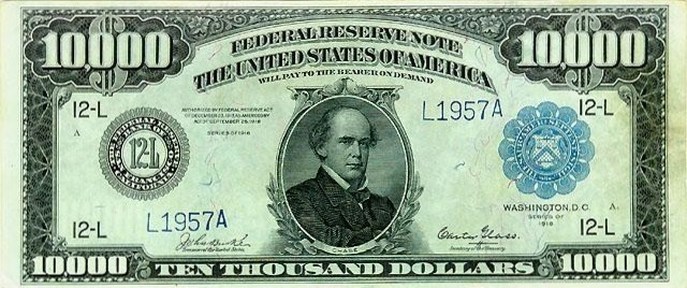-----------------------------------------
When Richard went to the ATM, he got a very pleasant surprise. He requested $100 with a receipt. What he got was $10,000 with a receipt - for $100.
When he got home, he checked his account online and found that, sure enough, his account had been debited by only $100. He put the money in a safe place, fully expecting the bank swiftly to spot the mistake and ask for it back. But the weeks passed and nobody called.
After two months, Richard concluded that no one was going to ask for the money. So he headed off to the BMW dealership with the hefty down-payment in his pocket.
On the way, however, he did feel a twinge of guilt. Wasn't this stealing? He quickly managed to convince himself it was no such thing. He had not deliberately taken the money, it had just been given to him. And he hadn't taken it from anyone else, so no one had been robbed. As for the bank, this was a drop in the ocean for them, and anyway, they would be insured against such eventualities. And it was their fault they had lost the money - they should have had safer systems. No, this wasn't theft. It was just the biggest stroke of luck he had ever had.
Baggini, J., The Pig That Wants to Be Eaten, 2005, p. 40.
---------------------------------------------
Sounds like Richard needs to reconsider. According to a New Zealand couple that received $4 million when they asked for a $40,000 loan, "A lot of people say: 'You're lucky, like winning the lottery'. I say: 'Nothing worse could happen to you'." After fleeing to Macao's casinos to try and launder the money they had received, the NZ couple were caught and returned to face justice. The husband, who played the majority role in the whole affair, was tried and sentenced to four years and seven months in prison.
I think you've lived a pretty good life if the worst thing that ever happened to you was a massive bank error ending up in your account, but I suppose the temptation to run to ruin might be pretty strong and succumbing to that temptation would definitely cause problems. There are clear laws against keeping this kind of windfall, and in today's electronic age it would be very difficult to keep such a transaction and any of the subsequent spending out of the eye of international law enforcement. But even if you were 99% certain that you could keep things a secret, wouldn't that remainder of doubt cloud the entire future of however you spent the money? Like Raskolnikov in Dostoyevsky's Crime and Punishment, you would always be looking over your shoulder. The bigger the error, the bigger the downfall would be. The smaller the error, the less worthwhile any transgression would be. Like all moral questions, if you look to the long term and the bigger picture, the answer is clear.


